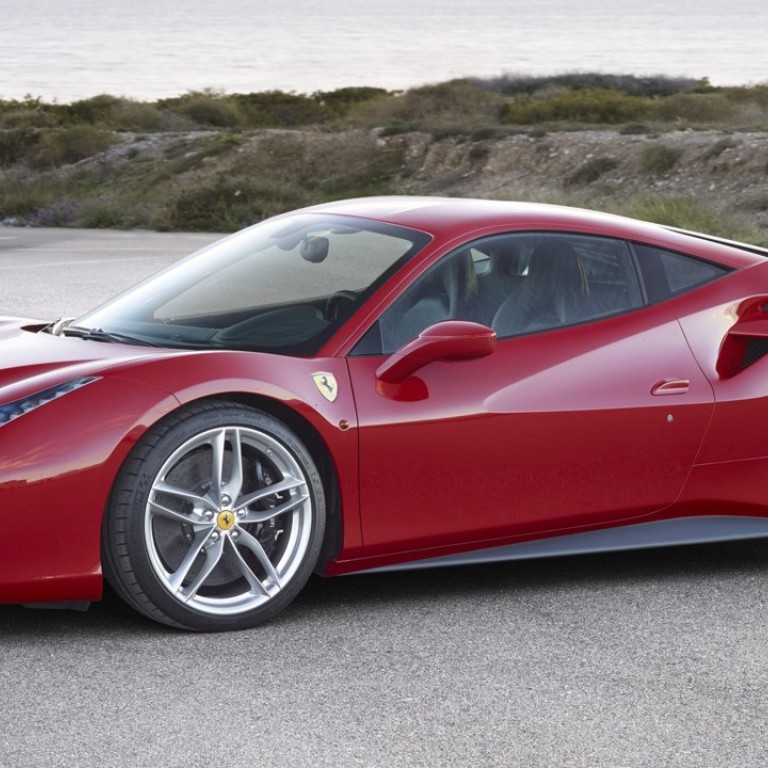
Ferrari dominates engine ‘Oscars’
Ferrari and Audi’s Hong Kong operations outperform sleepy dealer rivals after International Engine Awards
The 19th International Engine Awards on June 21 in Stuttgart highlighted the world’s best-running and most fuel-efficient cars.
Ferrari’s and Audi’s Hong Kong operations immediately reminded the South China Morning Post of their cars’ achievements, but the local representatives of Honda, Tesla, BMW, PSA Citroen and Porsche have yet to comment on their makes.
More fool them, because the Engine Technology International magazine awards are judged by 58 motoring journalists from 31 countries – and seem bigger every year, thanks to rising consumer concerns about global warming and governments telling marques to make cleaner cars that also use less imported oil.
The 670-hosepower Ferrari 488 GTB and Spider remain the performance cars to beat in Hong Kong as their 3.9-litre twin-turbo V8 was named International Engine of the Year for the second year running, ahead of the Porsche 911’s three-litre, six-cylinder turbo and the BMW18’s 1.5-litre, three-cylinder hybrid petrol engine.
There’s a “slightly smaller displacement” of Ferrari’s engine in the California T and GTC4Lusso, according to Elaine Fong, marketing and public relations manager of the new marque-owned unit, Ferrari Hong Kong.
Such product knowledge is helpful and perhaps warns local dealers of luxury marques to sharpen their marketing act, now that Ferrari is importing direct to Hong Kong.
The Ferrari block takes the 488 GTB Mto 100km/h in about three seconds and won two key category awards. It first overcame the Porsche 911 GT3’s four-litre boxer and Mercedes-AMG’s four-litre biturbo V8 in the GT S for Best Performance Engine.
The Italians also won the “Three- to Four-Litre” category, ahead of the Porsche 911 and Mclaren’s 3.8-litre turbo V8s. Ferrari’s 6.3-litre V12 in the F12 then cruised the “Over Four-Litre” category, ahead of the Audi 5.2-litre V10 in the R8 and Lamborghini Huracan.
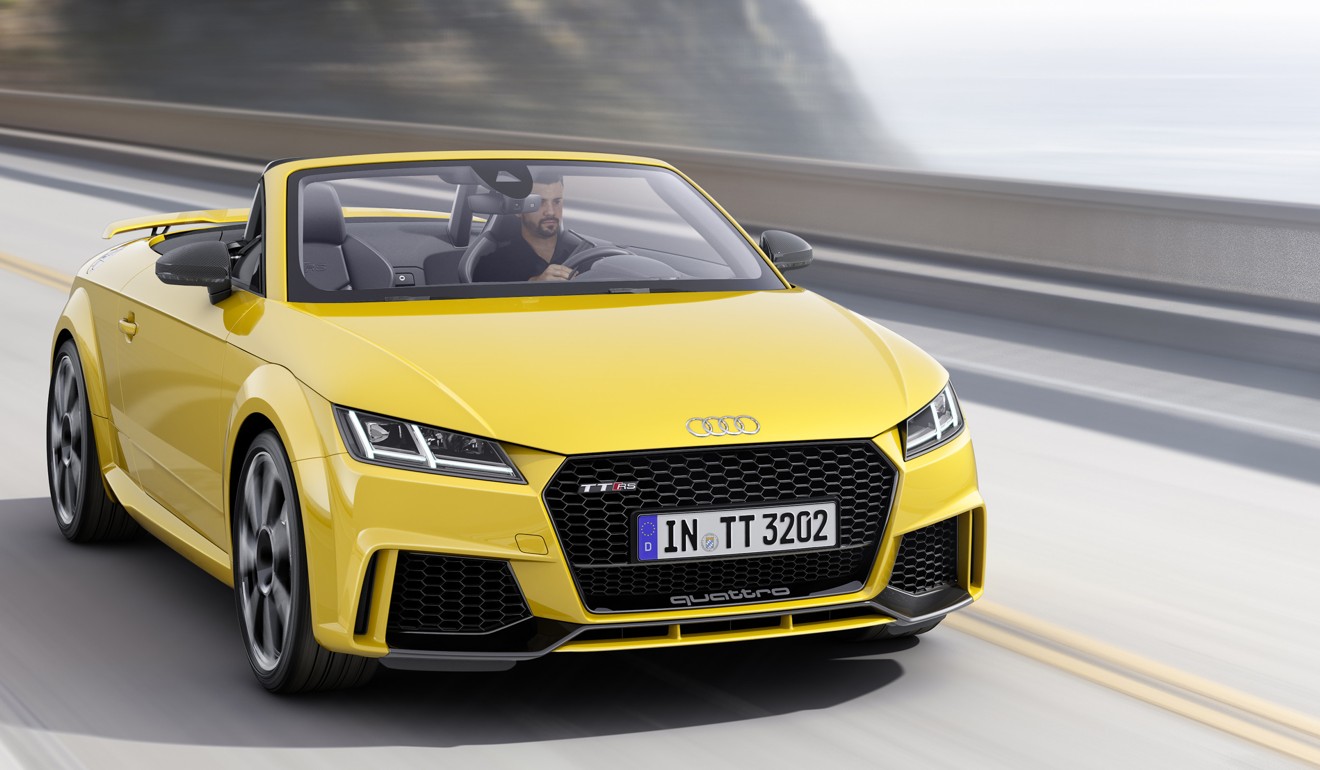
Audi Hong Kong celebrated the marque’s “Two- to 2.5-Litre” category win by pointing out the fuel efficiency of its block in the 400hp Audi TT RS Roadster (HK$960,000) and Coupe (HK$930,000), at 8.4l/100km and 192g/km.
The five-pot FSI also takes the RS 3 Sportback to 100km/h in 4.1 seconds and a top speed that can be extended from 250km/h to 280km/h. The Audi engine romped past the Porsche 718 Boxster S and the Ford Focus RS’s 2.3-litre turbo for the win, but Le Mans winners Porsche also had two fine category triumphs. Its three-litre, six-cylinder turbo in the 911 Carreras walloped the “2.5- to Three-Litre” category, ahead of the BMW M3’s blocks and Fiat Chrysler’s 2.9-litre twin-turbo V6 in Alfa Romeo’s attractive Giulia Quadrifoglio.
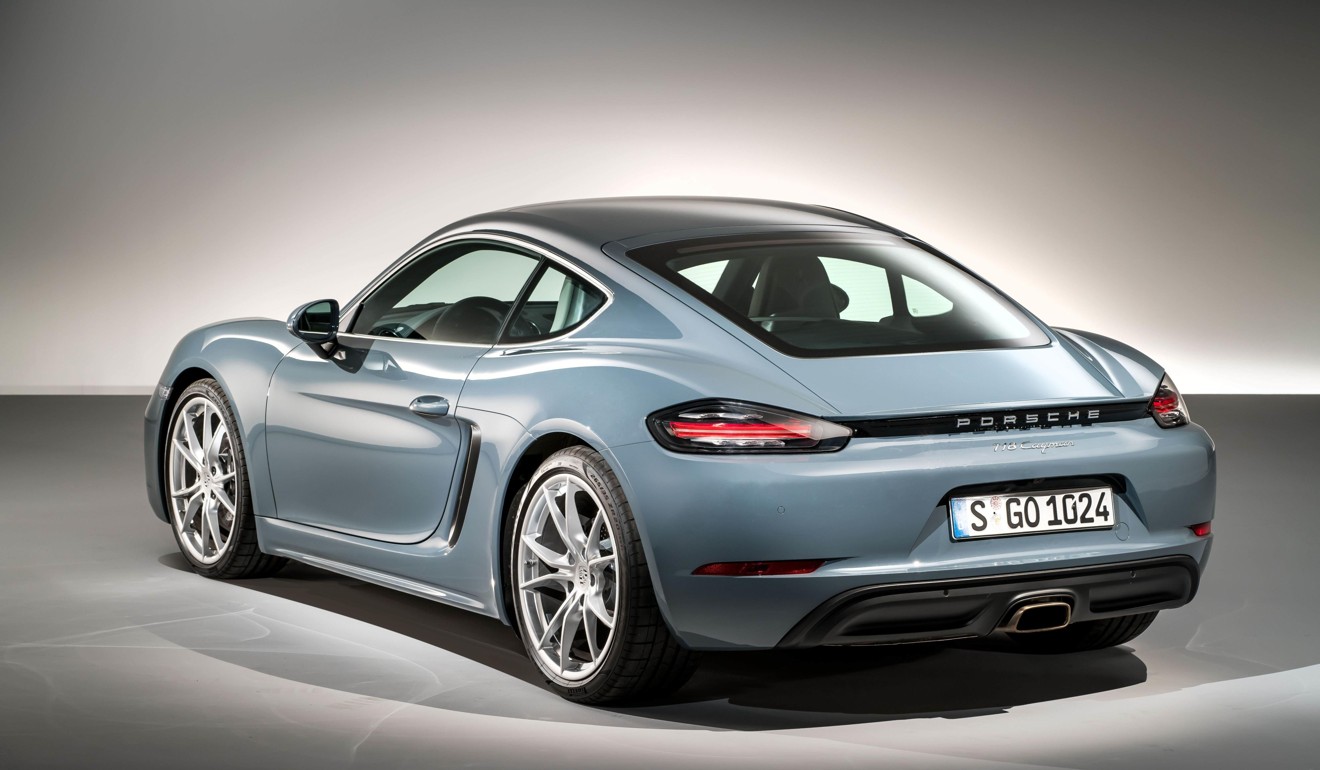
However, Porsche’s “1.8- to Two-Litre” category win was a boost for the 718 Boxster and Cayman flat fours, and in a tough category against Mercedes-AMG’s two-litre turbo in the starter A45 AMG, and the Volkswagen Group two-litre TFSI in the Audi TT, Q2 and Volksagen Golf GTI.
Porsche’s win also reminded Hongkongers of the oomph of their moderately sized engines. The 718 Boxster does 100km/h in 4.6 seconds, tops at 285km/h for carbon-dioxide emissions of just 184g/km and gives you local “Porschie” status at HK$1.41 million.
However, Porsche could need stronger branding here as the two-litre Mazda MX-5 (from HK$408,000) is about three seconds slower to the tonne but might feel less caged by Hong Kong’s congestion. The “Sub-Two-Litre” category also revealed the popularity of BMW’s two-litre, twin-turbo, four-cylinder engines and Volvo’s resurgence at this size, first with the turbocharged, supercharged hybrid in the 90 ranges and the petrol version in the S60 and impressive V60 Polestar.
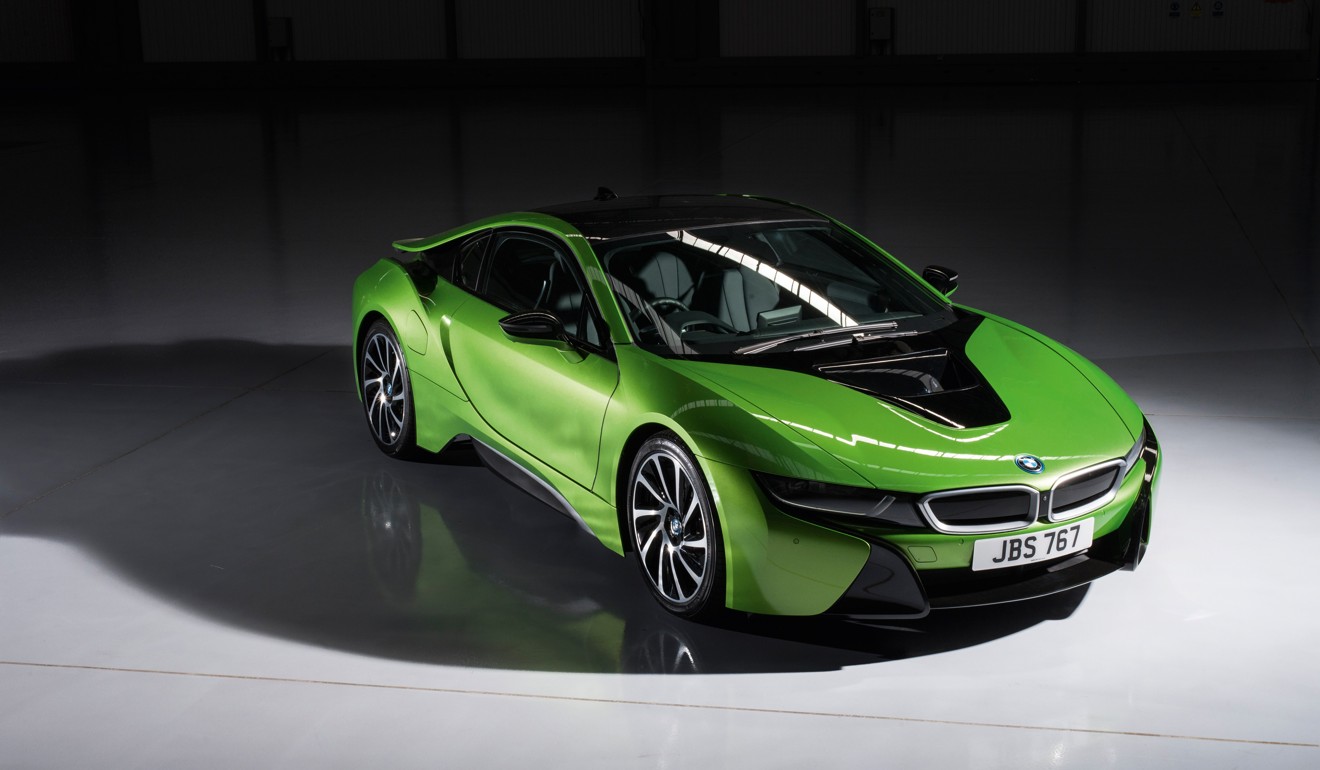
Analysts might also note how BMW dominated the “1.4- to 1.8-Litre” category, first with the 1.5-litre, three-cylinder hybrid in the halo i8 and then with MINI’s similar-sized three-cylinder turbo in the Cooper, Countryman and in BMW’s 1, 2 and 3 Series, all of which look appropriate for commutes in Hong Kong.
The “One- to 1.4-Litre” category used to be Volkswagen 1.4-litre TFSI territory, but this year the respected block in the Golf, Polo and Audi A3 was beaten by the 1.2-litre, three-cylinder turbos of BMW’s MINI One and the top-ranked 1.2-litre PSA Peugeot Citroen’s Peugeot 208 and Citroen C3. All these cars have potential in emissions-conscious Hong Kong, but Peugeot’s and Citroen’s range seems limited to their local dealers’ reach.
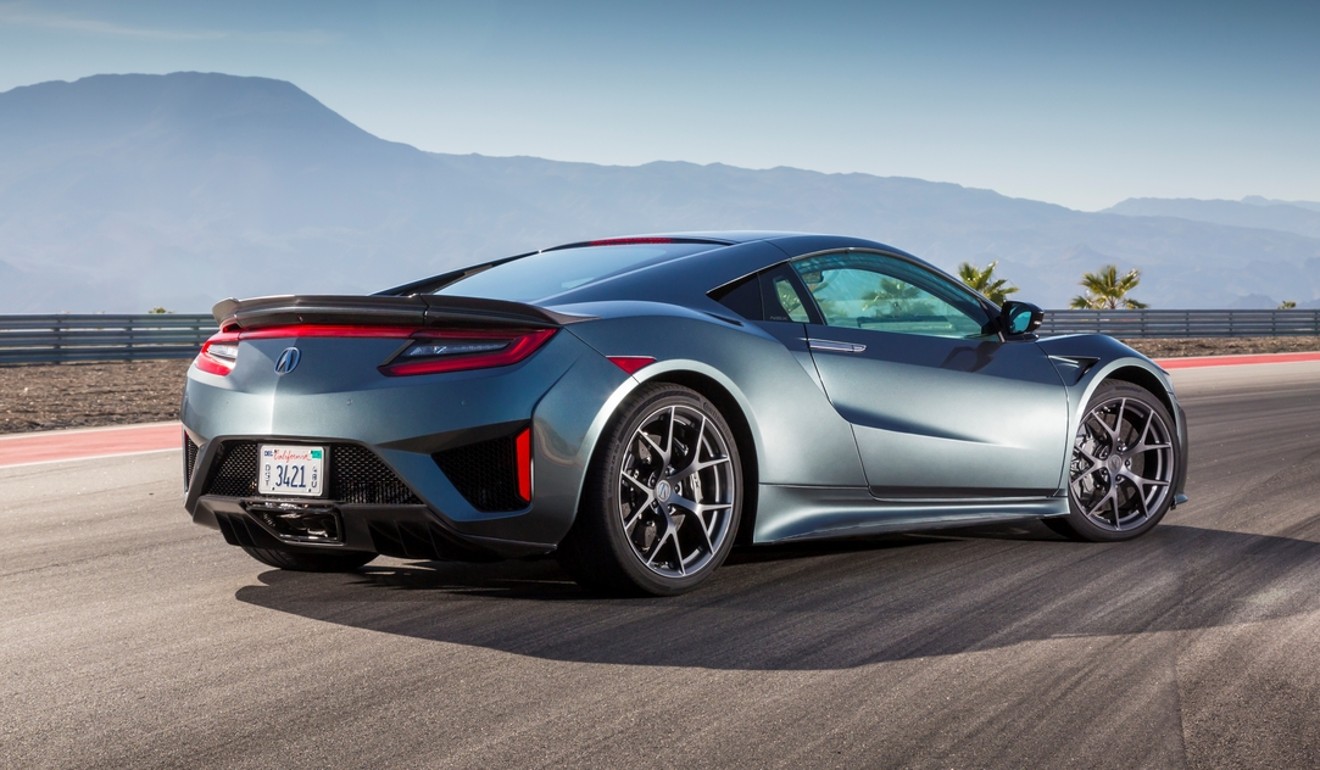
Honda’s 3.5 V6 hybrid engine won the “New Engine” category, boosted the new 573hp Acura NSX and might have revived calls for a new Acura dealership or direct marque control for Honda brands here. Tesla won two of the “Greenest” motoring awards you can get, with “Best Green Engine” for the full-electric powertrain in the Model S and Model X, ahead of the intelligent BMW i8, Chevrolet Bolt and even the i3. The American plug-in marque also won “Best Electric Powertrain”, again ahead of the i3, Bolt, Volkswagen e-Golf, Renault Zoe and Nissan Leaf, all of which had fine potential here, until the Hong Kong government raised taxes on electric vehicles on April 1. Chief Executive Carrie Lam Cheng Yuet-ngor: let’s see what you can do, love.
This article has been amended to include the following clarification from Ferrari Hong Kong spokeswoman Elaine Fong. “Ferrari (HK) manages the Ferrari cars’ importation [not sells direct in Hong Kong] while our dealer manages the car sales in Hong Kong. Taking effect from June 26, 2017, Blackbird Concessionaires is an official Ferrari dealer in Hong Kong which manages the Ferrari car sales and after-sales service in Hong Kong.”

